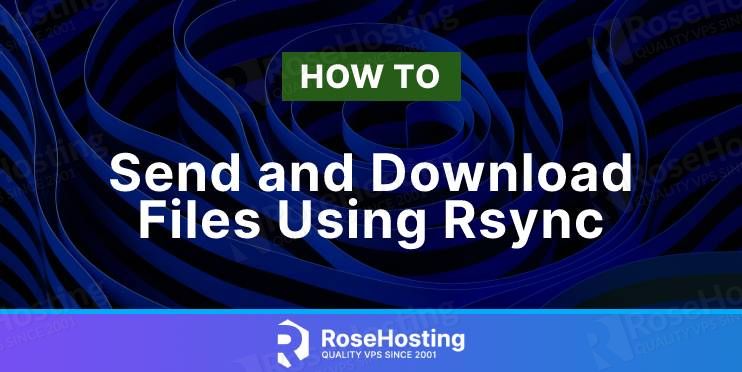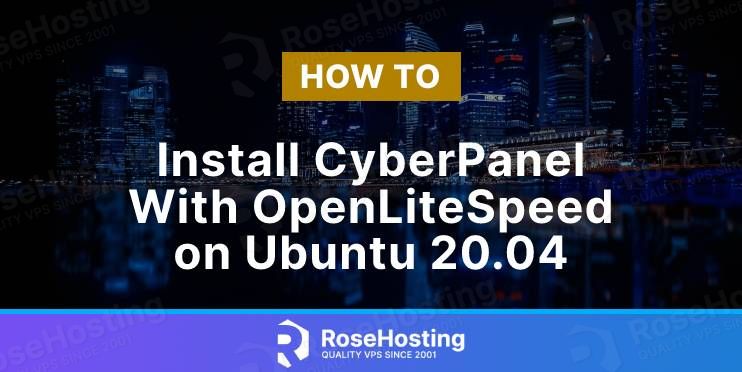
Rsync stands for “remote synchronization”. Rsync is the most robust, versatile and flexible tool to transfer files if compared to other alternatives like SCP. It is a great tool for daily server operations like backup and restore, and general file operations between two or more local and remote machines. In this article, we will show you how to send and download files using rsync.






